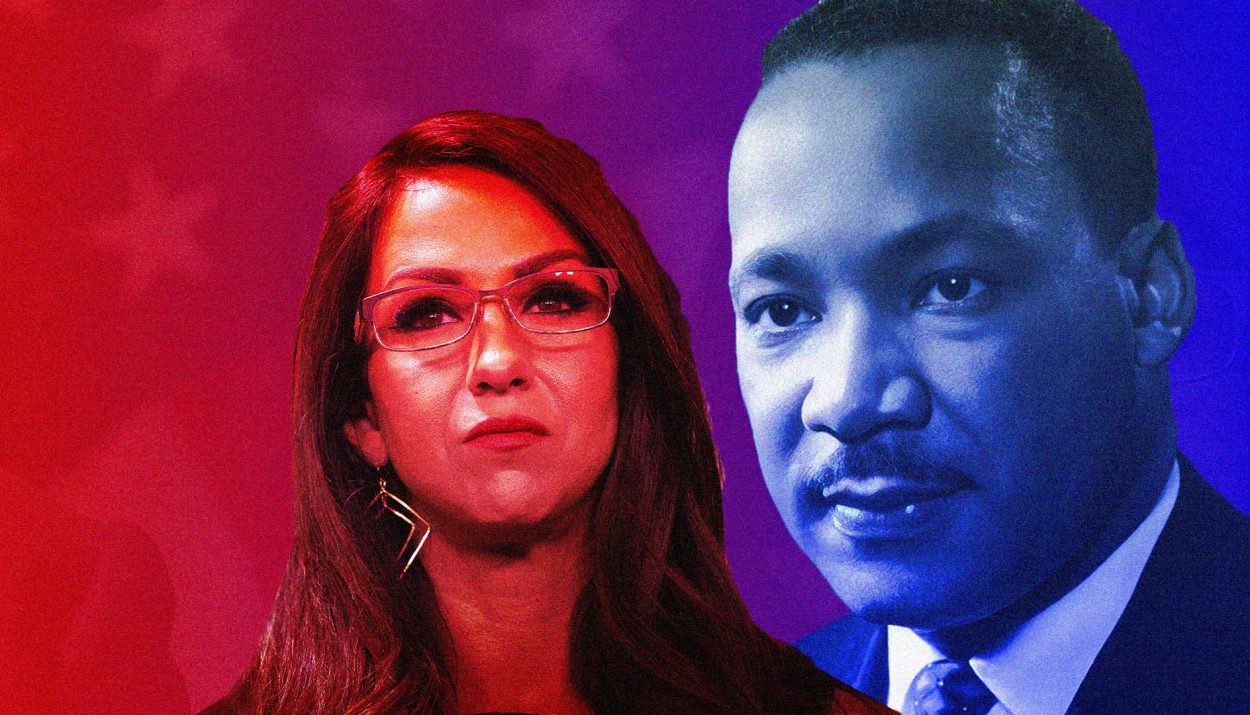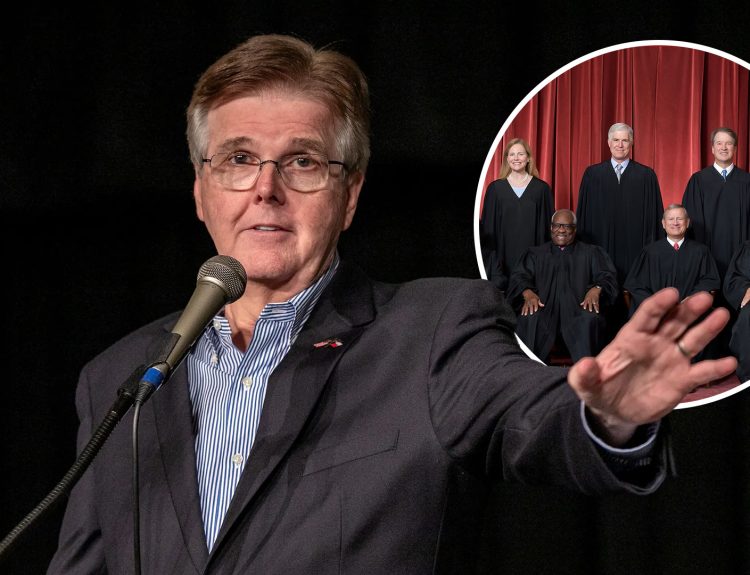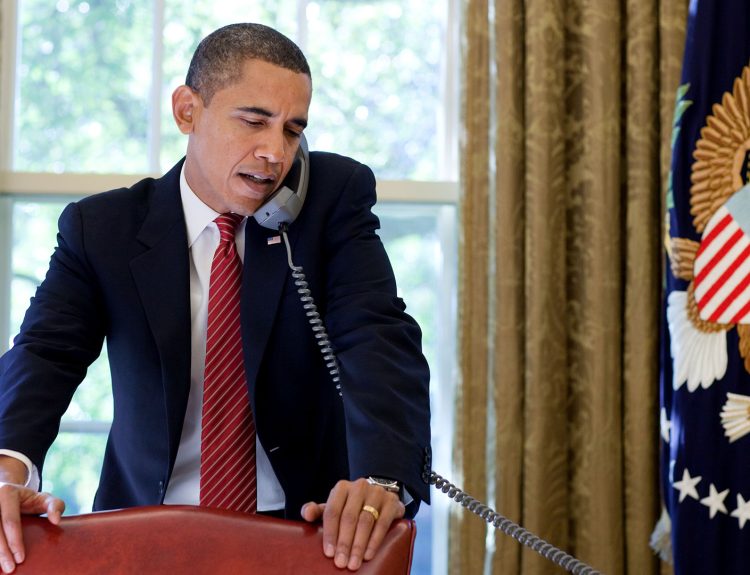Controversial congresswoman Lauren Boebert faces criticism over her remarks regarding civil rights icon Martin Luther King Jr. Boebert aimed at King while discussing the “myth” of the separation of church and state, claiming the renowned reverend would have agreed with her stance.
Her inflammatory comments have provoked backlash from Democrats and civil rights advocates, reigniting debates over Boebert’s history of divisive rhetoric. With the congresswoman no stranger to controversy, some political analysts see the latest incident as further evidence she prefers spectacle over substance when engaging in policy discussions.
Boebert’s Controversial MLK Day Tweets
Representative Lauren Boebert sparked criticism on social media after sharing controversial tweets about Martin Luther King Jr. on MLK Day. In one tweet, Boebert stated that King had fought for equality, not equity, claiming “Equity had no part of that dream.”

Many responded, arguing that King did advocate for equity, pointing to comments from his son affirming King’s dedication to “justice and equity.” Critics accused Boebert of selectively interpreting King’s values, with some arguing King embodied the values of today’s “woke movement,” which Boebert was criticizing.
The Complex Legacy of MLK in Today’s Political Landscape
Martin Luther King Jr.’s enduring legacy encompasses his visionary ideals and the complex reality of translating those ideals into meaningful change. While Rep. Boebert invokes MLK’s name in criticizing modern equity movements, the full meaning of King’s dream remains subject to debate.
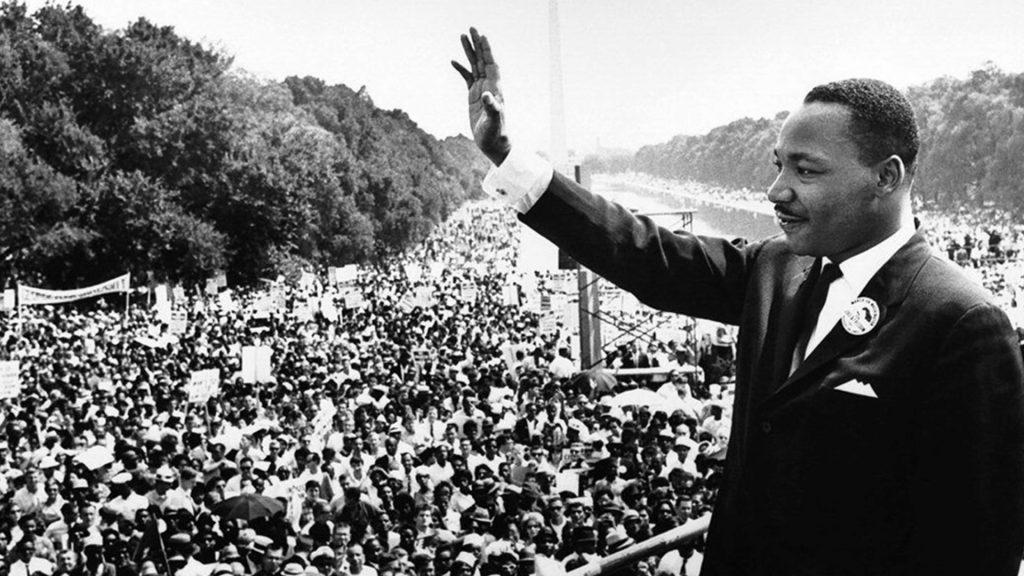
King fought for equality under the law, regardless of race or background. However, he also recognized economic and social inequities as barriers to realizing that dream of equality. His Poor People’s Campaign addressed systemic poverty and inequality.
Tapping into The Republican’s View of Diversity, Equity, and Inclusion
The tweets tapped into a broader debate around Republican opposition to diversity, equity, and inclusion efforts, which Boebert echoed in calling for an end to the “woke movement.” Boebert did not back down from her controversial statements despite the widespread criticism.
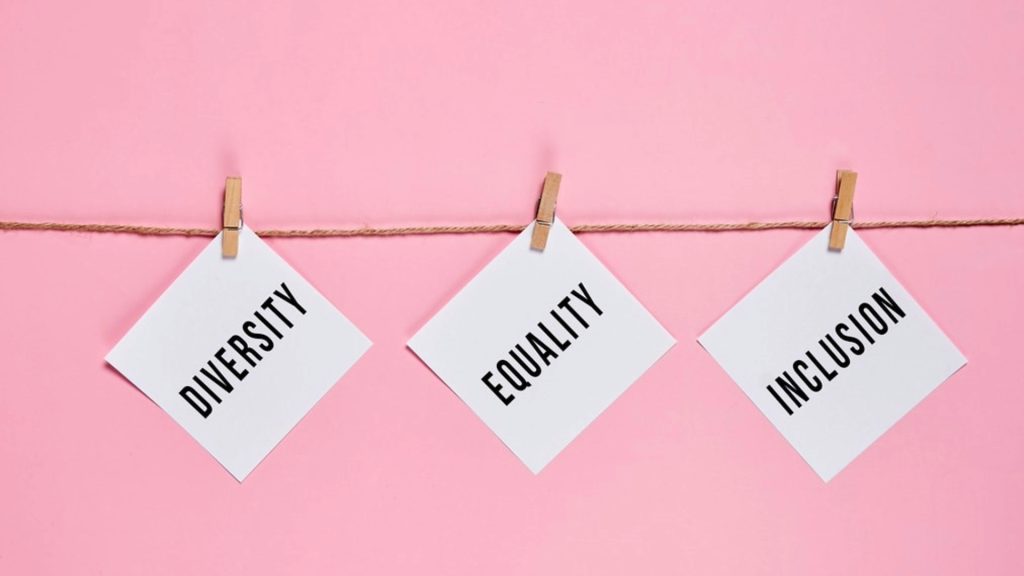
Boebert’s tweets making definitive claims about Martin Luther King Jr.’s beliefs were controversial and opened her up to accusations of misrepresenting King’s ideology to fit her political narrative. The reaction shows the sensitivity around interpreting the meaning of King’s words and values from a modern context.
Backlash to Boebert’s Claims About Equality vs Equity
Boebert claimed that King’s fight was for equality instead of equity and that his dream aligned with the “American Dream” rather than equity having any part. In response, some pointed out that equality provides the same resources while equity allocates resources based on need, suggesting King supported both.

Martin Luther King III also honored his father in a post highlighting King Jr.’s “unwavering dedication to peace, justice and equity,” seeming to contradict Boebert’s statements. Additional criticisms called Boebert “uneducated” and accused her comments of validating “ignorance, hatred and racism” rather than accurately capturing King’s views.
MLK III and Others Call for “Equity” in Honor of MLK
Martin Luther King Jr.’s son, Martin Luther King III, and other Americans called for equity on Martin Luther King Jr. Day in honor of the late civil rights leader. In a post on social media, MLK III paid tribute to his father’s “unwavering dedication to peace, justice and equity.” He said he would remember the joy his father brought and his tireless work towards realizing justice.
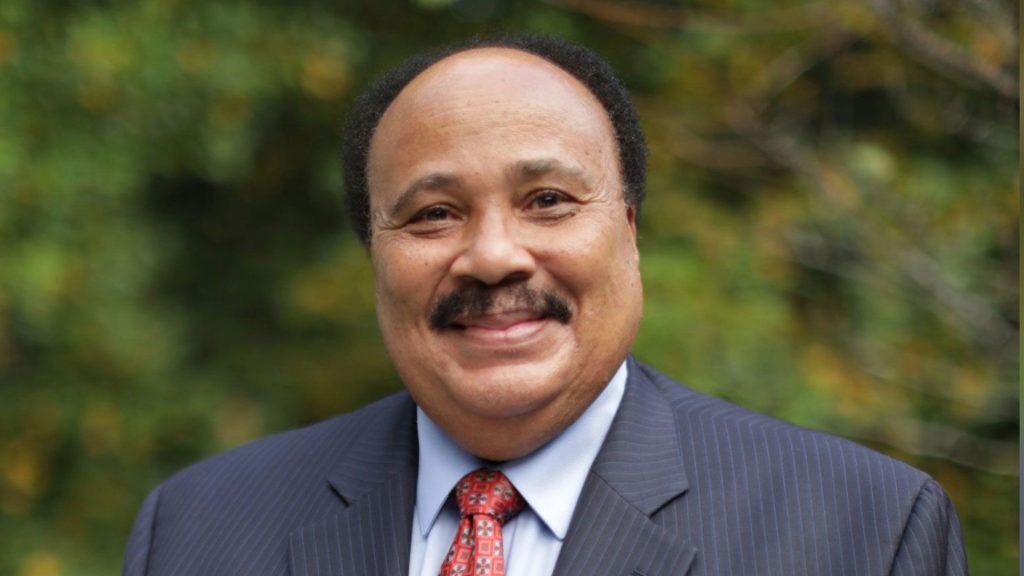
Many responded to Rep. Lauren Boebert’s statements on social media that Dr. King “had a dream that we would all be equal in America” and that “equity had no part of that dream.” Some pointed out that equality refers to providing all the same opportunities and resources, while equity recognizes differences in individual circumstances and allocates resources accordingly to reach equal outcomes.
Reignition of Horrific Pasts
Boebert’s comments on Martin Luther King Jr. sparked intense criticism and backlash. Many saw her words as diminishing King’s legacy and the civil rights movement he championed. Though she defended her remarks to some supporters, Boebert faced widespread calls to apologize for her controversial statements.
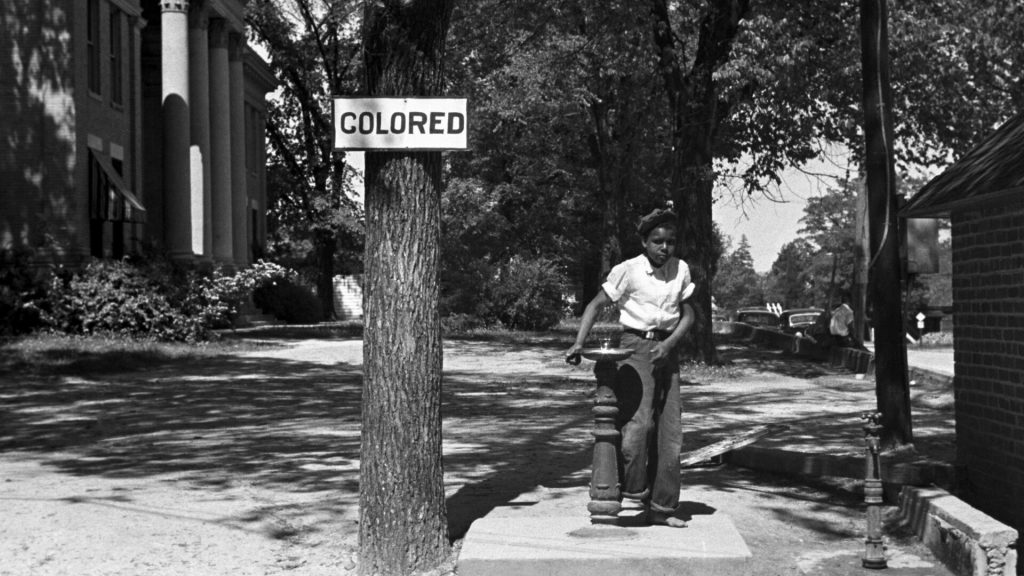
The incident reignited discussions around racial justice issues in America and highlighted deep political divides in interpreting the country’s complex history on race and equality. What lasting impacts this event may have remains to be seen, but it touched a nerve for citizens across the ideological spectrum.
Swift Backlash from Democratic Leaders and Strategists
Ameshia Cross, a Democratic strategist, called Boebert’s tweets a “slap in the face” to the civil rights movement. She argued that Boebert opposes tenets of Dr. King’s vision like “housing equity” and “education equity.”
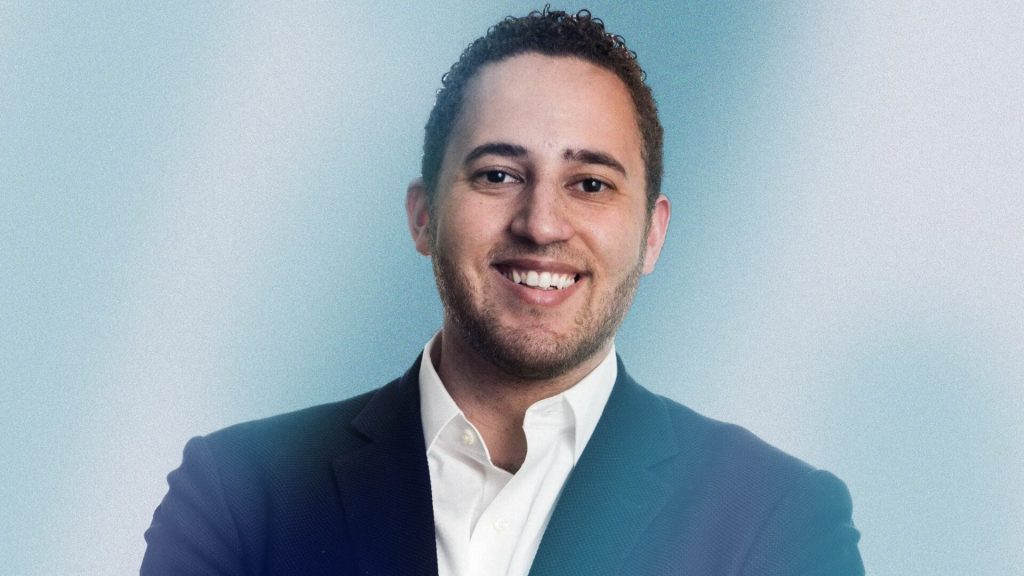
Svante Myrick, president of People For the American Way, claimed Boebert could not pass an 8th-grade reading comprehension test or define the difference between equality and equity. He suggested her comments stem from ignorance and show a “lack of understanding” of Dr. King’s work.
Experts Say Boebert Misunderstands or Intentionally Distorts MLK’s Vision
According to experts, Representative Lauren Boebert’s controversial recent statements regarding Martin Luther King Jr. demonstrate either a lack of understanding or an intentional distortion of King’s vision and work.
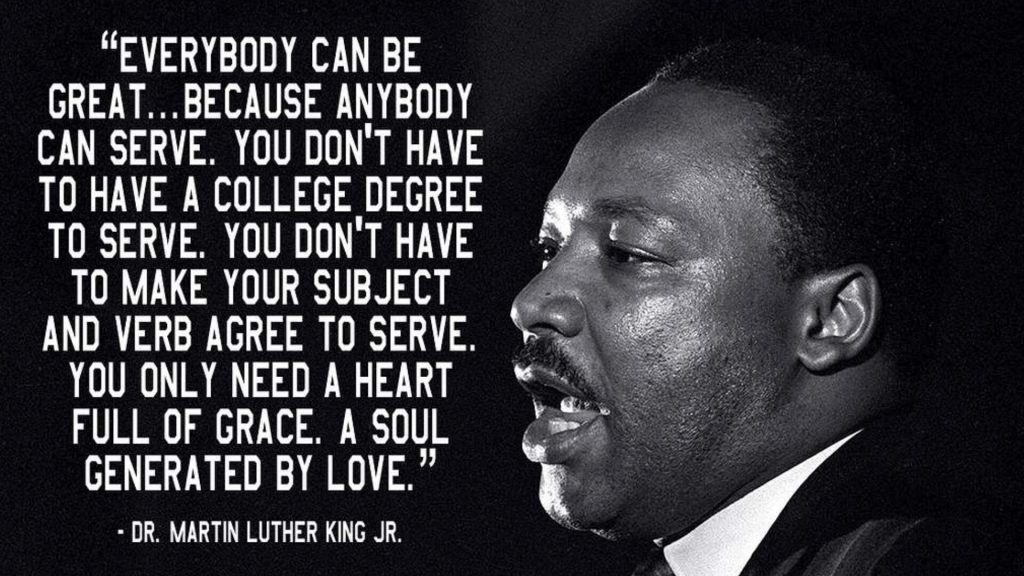
While the motivation behind Boebert’s commentary remains unclear, specialists agree that her statements fundamentally clash with Martin Luther King Jr.’s comprehensive vision of civil rights and social justice. Boebert’s words clearly touched a nerve across the political spectrum, whether due to ignorance or intentional distortion.
Strategists Critique Boebert’s Understanding of MLK’s Message
Many see Boebert’s rhetoric as a thinly veiled attack on efforts to promote diversity, inclusion, and racial justice. Cross explained, “What they are doing is trying to undo the gains of the Civil Rights Movement. They’re trying to take America back.” Myrick concurred that Boebert’s words seem intended more “to be provocative” and “to raise money” than demonstrate any real understanding.
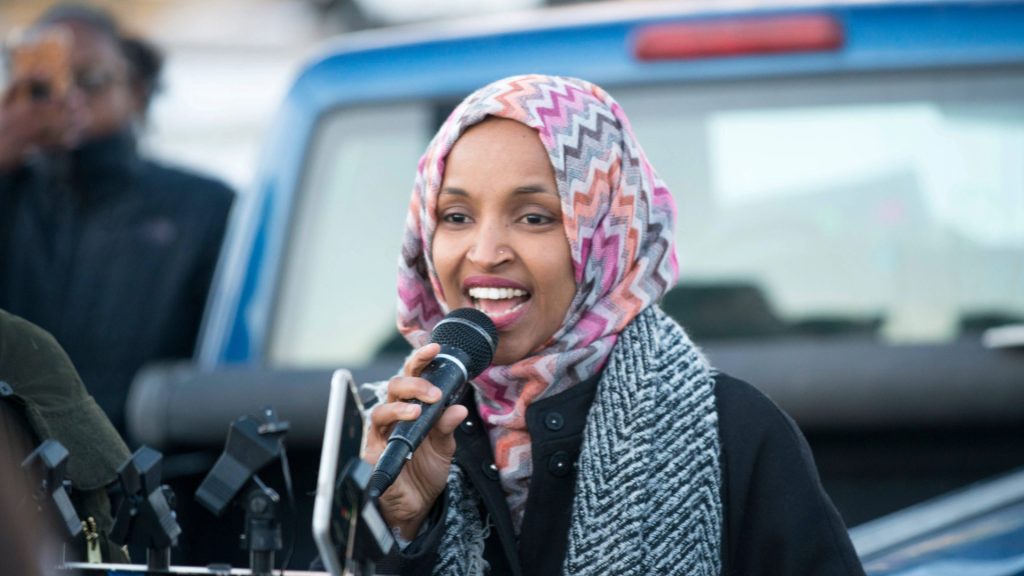
Given Boebert’s history of inflammatory remarks toward minority groups, critics argue she has no standing to invoke MLK’s name or distort his message. As Rep. Ilhan Omar stated in response to past attacks, “This is not about one hateful statement or one politician; it is about a party that has mainstreamed bigotry and hatred.”
History of Boebert’s Provocative Actions and Remarks: Heckling the President
Rep. Lauren Boebert has repeatedly made controversial and divisive remarks in office. Her comments often provoke strong criticism for being insensitive, inaccurate, or inflammatory.
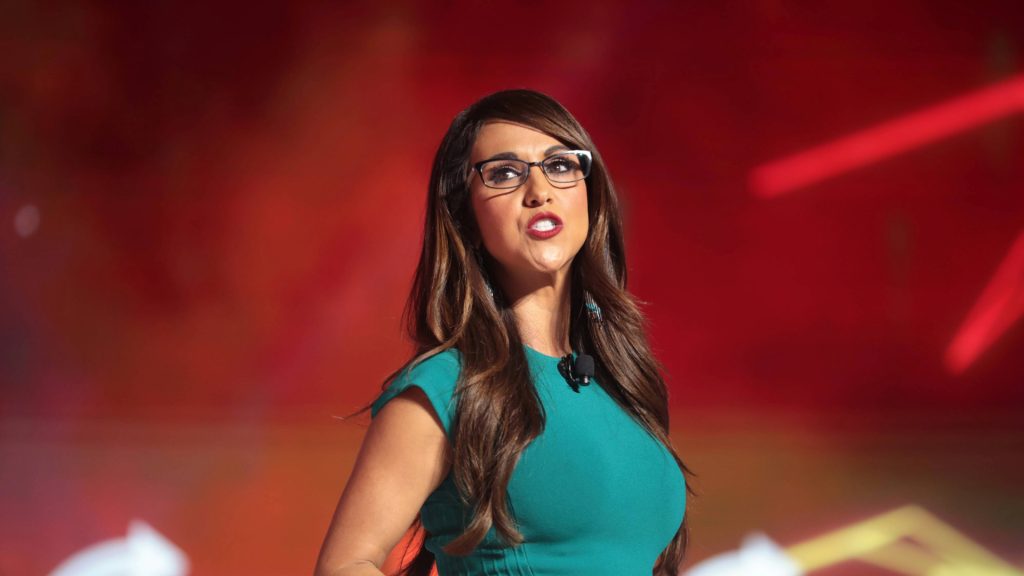
In March 2022, Rep. Boebert heckled President Biden during his State of the Union address. She and Rep. Marjorie Taylor Greene attempted to goad other legislators into chanting, “Build the wall.” Their disruptive behavior was widely condemned as disrespectful.
History of Boebert’s Provocative Actions and Remarks: Offensive Comments About Rep. Omar
In 2021, Rep. Boebert made offensive comments implying that Rep. Ilhan Omar, the first Black Muslim woman elected to Congress, was a terrorist. Rep. Omar denounced the remarks and criticized Republican leadership for not holding Rep. Boebert accountable.
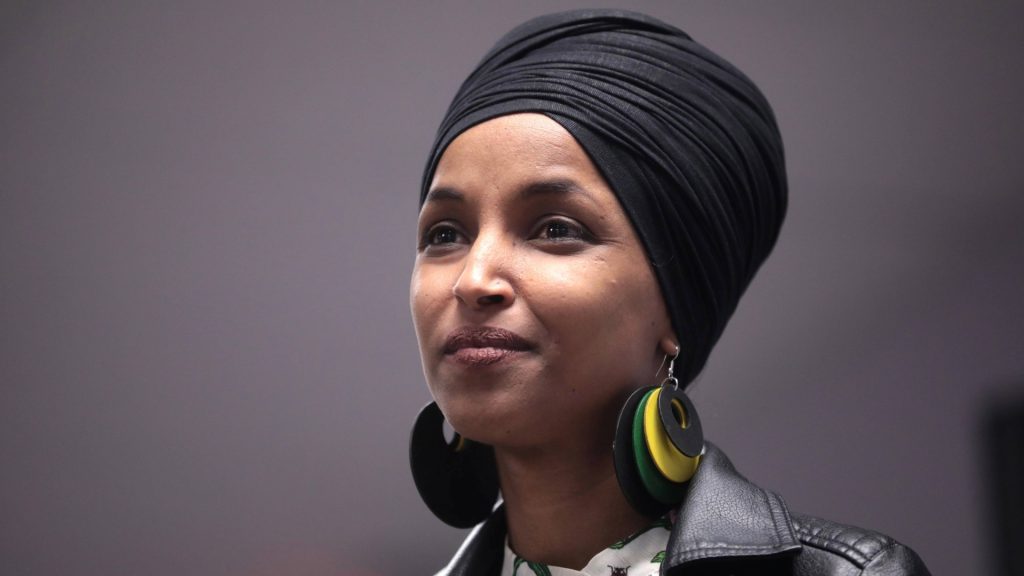
In September 2022, Rep. Boebert was removed from a theater performance of “Beetlejuice” for alleged sexual misconduct and vaping during the show. The incident garnered national media attention.
MLK’s Vision for Equality vs. Modern Equity Efforts
Martin Luther King Jr. dedicated his life to achieving equal rights and opportunities for all Americans, regardless of race. His famous “I Have a Dream” speech called for a future where people would “not be judged by the color of their skin but by the content of their character.”
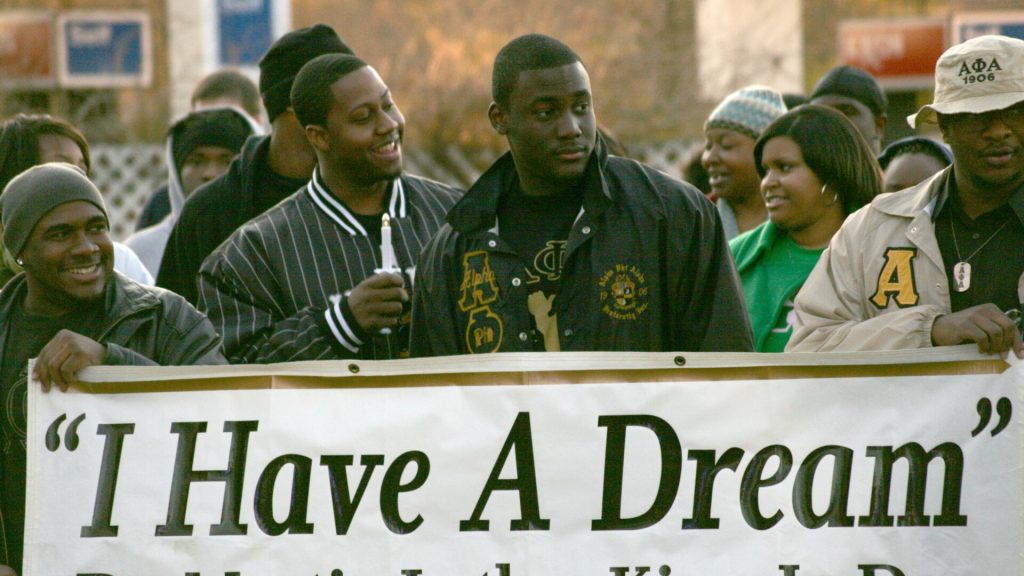
However, some argue that modern equity efforts undermine MLK’s vision of equality. Equity refers to ensuring fair outcomes by accounting for historical disadvantages marginalized groups face. Critics contend that this amounts to differential treatment based on race or gender rather than judging people as individuals.
Equity Under a Microscope
Defenders of equity initiatives counter that they are necessary to remedy past and ongoing discrimination. They argue that simply stating people should be treated equally is insufficient when certain groups still face barriers to equal opportunity. Equity efforts aim to provide targeted support and resources to disadvantaged communities.
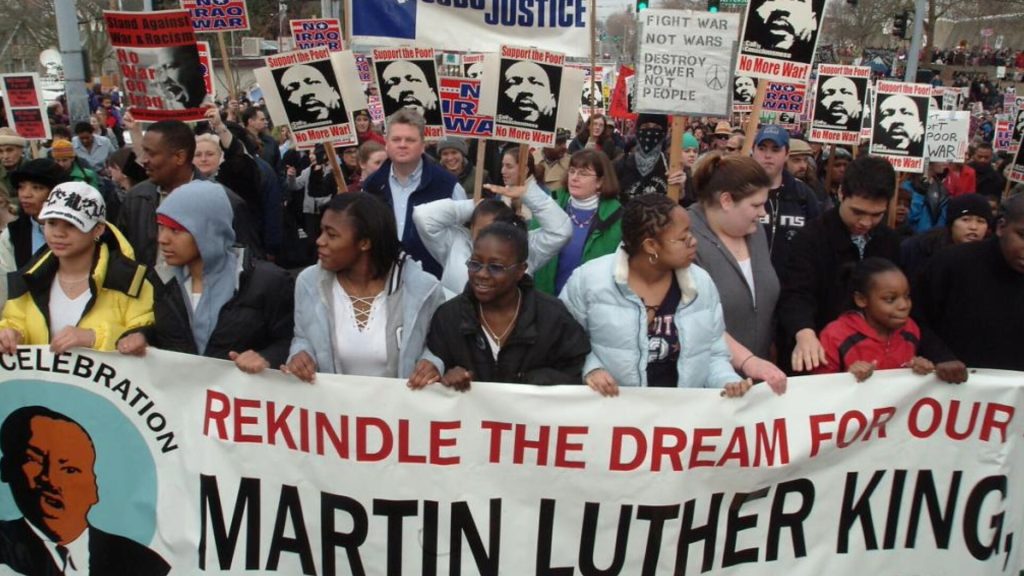
Ultimately, there are good-faith arguments on both sides of this complex issue. As we celebrate MLK’s legacy, whether modern social justice efforts align with or diverge from his vision of a just society is worth considering.
Republican Politicians Face Backlash for Invoking MLK
Critics argue that many Republican politicians have attempted to co-opt Martin Luther King Jr.’s legacy while pursuing agendas that contradict his vision of equality and justice for all. This disconnect has prompted accusations of hypocrisy and bad-faith arguments.
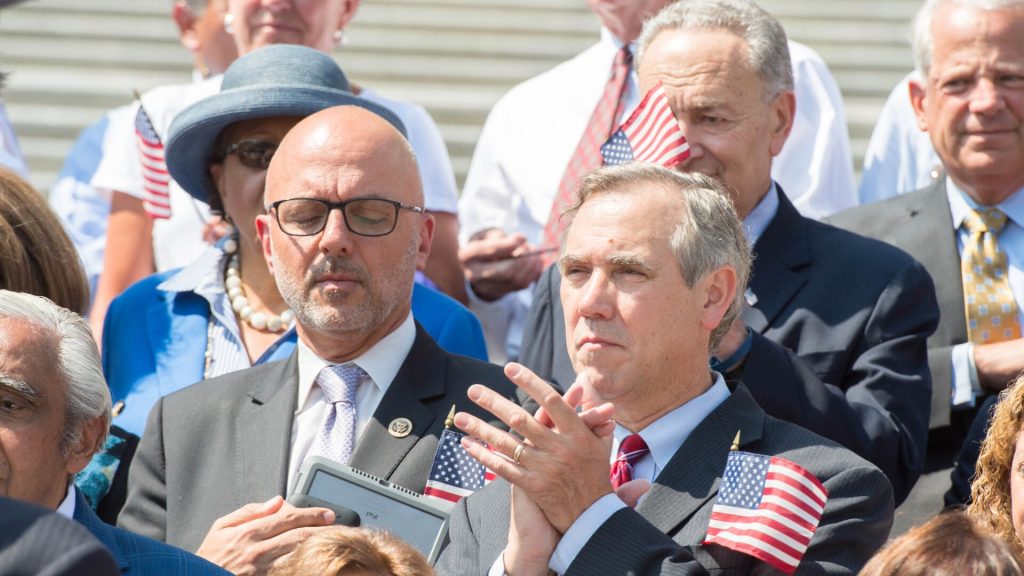
Boebert and other Republican figures like Donald Trump Jr. and Sarah Huckabee Sanders have faced ongoing backlash when commenting on King’s legacy. Their past statements have been called out as revisionist history that papers over King’s more radical economic and anti-war stances.
Thou Shall Not Question The King
While the ideals of equality and justice that Dr. King championed remain as relevant as ever, the path toward realizing those ideals in contemporary America continues to foster passionate debate across the political spectrum.
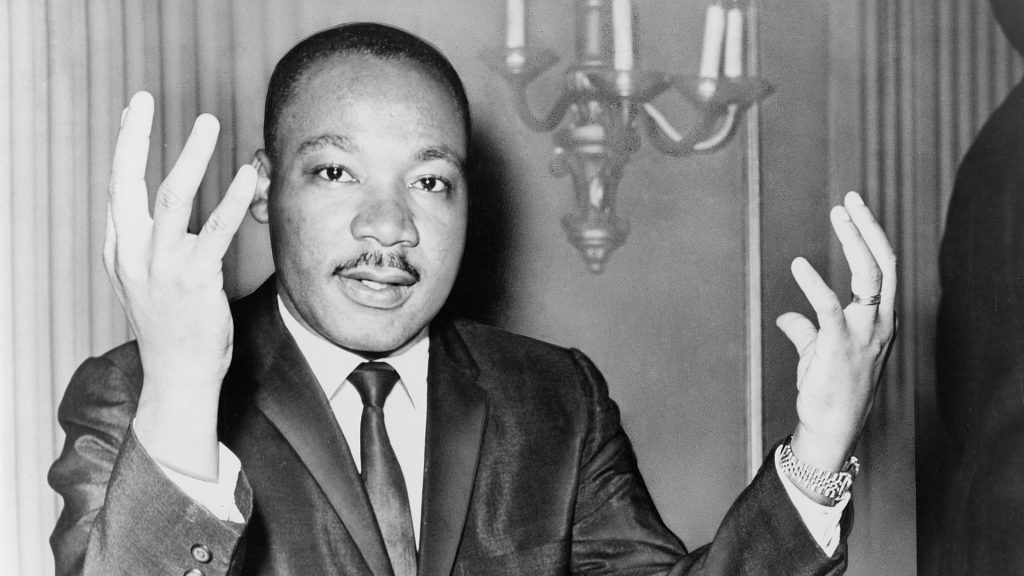
Rep. Boebert’s criticisms indicate disagreements regarding how best to address inequities while upholding foundational principles. Moving forward will likely require open and thoughtful discourse to bridge divides. There are still many miles ahead on the long road toward justice, but the destination can be reached through nonviolence, truth, and love.

